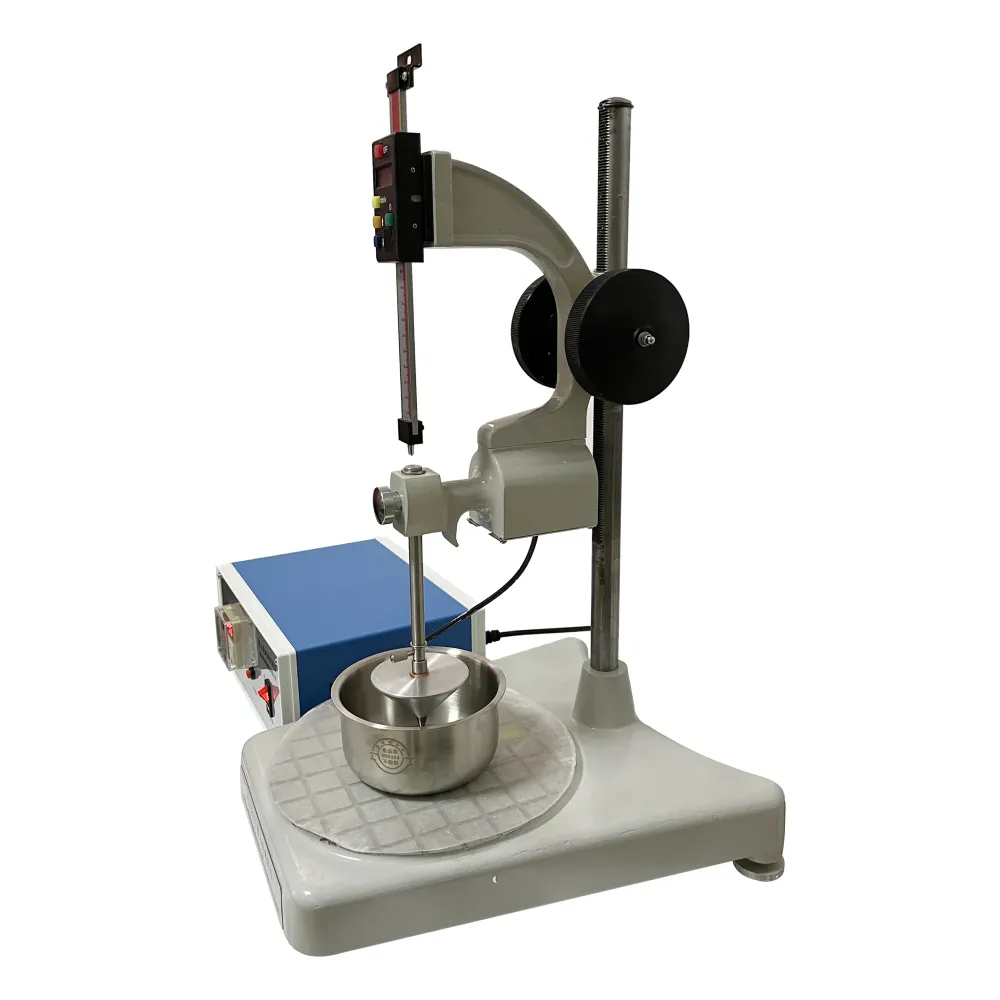TEL:
+86-0312-3189593
 English
English

Telephone:0312-3189593

Email:sales@oil-tester.com

-
 Afrikaans
Afrikaans -
 Albanian
Albanian -
 Amharic
Amharic -
 Arabic
Arabic -
 Armenian
Armenian -
 Azerbaijani
Azerbaijani -
 Basque
Basque -
 Belarusian
Belarusian -
 Bengali
Bengali -
 Bosnian
Bosnian -
 Bulgarian
Bulgarian -
 Catalan
Catalan -
 Cebuano
Cebuano -
 China
China -
 China (Taiwan)
China (Taiwan) -
 Corsican
Corsican -
 Croatian
Croatian -
 Czech
Czech -
 Danish
Danish -
 Dutch
Dutch -
 English
English -
 Esperanto
Esperanto -
 Estonian
Estonian -
 Finnish
Finnish -
 French
French -
 Frisian
Frisian -
 Galician
Galician -
 Georgian
Georgian -
 German
German -
 Greek
Greek -
 Gujarati
Gujarati -
 Haitian Creole
Haitian Creole -
 hausa
hausa -
 hawaiian
hawaiian -
 Hebrew
Hebrew -
 Hindi
Hindi -
 Miao
Miao -
 Hungarian
Hungarian -
 Icelandic
Icelandic -
 igbo
igbo -
 Indonesian
Indonesian -
 irish
irish -
 Italian
Italian -
 Japanese
Japanese -
 Javanese
Javanese -
 Kannada
Kannada -
 kazakh
kazakh -
 Khmer
Khmer -
 Rwandese
Rwandese -
 Korean
Korean -
 Kurdish
Kurdish -
 Kyrgyz
Kyrgyz -
 Lao
Lao -
 Latin
Latin -
 Latvian
Latvian -
 Lithuanian
Lithuanian -
 Luxembourgish
Luxembourgish -
 Macedonian
Macedonian -
 Malgashi
Malgashi -
 Malay
Malay -
 Malayalam
Malayalam -
 Maltese
Maltese -
 Maori
Maori -
 Marathi
Marathi -
 Mongolian
Mongolian -
 Myanmar
Myanmar -
 Nepali
Nepali -
 Norwegian
Norwegian -
 Norwegian
Norwegian -
 Occitan
Occitan -
 Pashto
Pashto -
 Persian
Persian -
 Polish
Polish -
 Portuguese
Portuguese -
 Punjabi
Punjabi -
 Romanian
Romanian -
 Russian
Russian -
 Samoan
Samoan -
 Scottish Gaelic
Scottish Gaelic -
 Serbian
Serbian -
 Sesotho
Sesotho -
 Shona
Shona -
 Sindhi
Sindhi -
 Sinhala
Sinhala -
 Slovak
Slovak -
 Slovenian
Slovenian -
 Somali
Somali -
 Spanish
Spanish -
 Sundanese
Sundanese -
 Swahili
Swahili -
 Swedish
Swedish -
 Tagalog
Tagalog -
 Tajik
Tajik -
 Tamil
Tamil -
 Tatar
Tatar -
 Telugu
Telugu -
 Thai
Thai -
 Turkish
Turkish -
 Turkmen
Turkmen -
 Ukrainian
Ukrainian -
 Urdu
Urdu -
 Uighur
Uighur -
 Uzbek
Uzbek -
 Vietnamese
Vietnamese -
 Welsh
Welsh -
 Bantu
Bantu -
 Yiddish
Yiddish -
 Yoruba
Yoruba -
 Zulu
Zulu
జన . 25, 2025 00:46
Back to list
flash point closed cup test
Flash Point Closed Cup Test An Essential Method for Product Safety and Compliance
In evaluating the reliability and validity of this method, experts consistently emphasize its superiority over open cup tests. The closed environment minimizes evaporative losses, providing a more accurate flash point relevant to actual usage conditions. I have collaborated with regulatory bodies to refine standards, offering insights into emerging chemical formulations that pose unique challenges. This collaborative effort further underscores the emphasis on the authoritativeness of the flash point closed cup test in ensuring compliance and maintaining public safety. Building Trust Through Accurate Testing Accurate determination of a product's flash point is fundamental in building trust among stakeholders, including consumers, regulatory authorities, and other businesses. Products classified based on their flash points demonstrate adherence to rigorous safety standards, positioning companies as responsible entities committed to safety. I recall advising a client whose chemical formulations initially failed the flash point requirements. By revisiting their process and accurately reallocating resources to refine the mixture, we successfully met standards, restoring client confidence and market credibility. Economic and Environmental Impact Beyond safety, the flash point closed cup test plays an integral role in economic decision-making. Storage conditions, insurance costs, and transportation logistics hinge upon the classification derived from the flash point. Failure to comply can result in significant financial penalties or increased insurance premiums. Environmentally, understanding the vaporization point aids in minimizing volatile organic compound emissions, aligning with ecological standards and reducing environmental impact. In conclusion, the flash point closed cup test is not merely a procedural necessity but a critical intersection of science, safety, and regulatory compliance. Its importance traverses beyond basic testing, reflecting companies' commitment to safety, reinforcing consumer confidence, and upholding regulatory adherence. As industries continue to innovate, maintaining expertise in these fundamental tests will be imperative to navigate complexities and safeguard both economic interests and public wellbeing.


In evaluating the reliability and validity of this method, experts consistently emphasize its superiority over open cup tests. The closed environment minimizes evaporative losses, providing a more accurate flash point relevant to actual usage conditions. I have collaborated with regulatory bodies to refine standards, offering insights into emerging chemical formulations that pose unique challenges. This collaborative effort further underscores the emphasis on the authoritativeness of the flash point closed cup test in ensuring compliance and maintaining public safety. Building Trust Through Accurate Testing Accurate determination of a product's flash point is fundamental in building trust among stakeholders, including consumers, regulatory authorities, and other businesses. Products classified based on their flash points demonstrate adherence to rigorous safety standards, positioning companies as responsible entities committed to safety. I recall advising a client whose chemical formulations initially failed the flash point requirements. By revisiting their process and accurately reallocating resources to refine the mixture, we successfully met standards, restoring client confidence and market credibility. Economic and Environmental Impact Beyond safety, the flash point closed cup test plays an integral role in economic decision-making. Storage conditions, insurance costs, and transportation logistics hinge upon the classification derived from the flash point. Failure to comply can result in significant financial penalties or increased insurance premiums. Environmentally, understanding the vaporization point aids in minimizing volatile organic compound emissions, aligning with ecological standards and reducing environmental impact. In conclusion, the flash point closed cup test is not merely a procedural necessity but a critical intersection of science, safety, and regulatory compliance. Its importance traverses beyond basic testing, reflecting companies' commitment to safety, reinforcing consumer confidence, and upholding regulatory adherence. As industries continue to innovate, maintaining expertise in these fundamental tests will be imperative to navigate complexities and safeguard both economic interests and public wellbeing.
Previous:
Latest news
-
Testing Equipment Industry Sees Major Advancements in 2025: Smart & Precision Technologies Lead the WayNewsJun.06,2025
-
Applications of Direct Current Generators in Renewable Energy SystemsNewsJun.05,2025
-
Hipot Tester Calibration and Accuracy GuidelinesNewsJun.05,2025
-
Digital Circuit Breaker Analyzer Features and BenefitsNewsJun.05,2025
-
Benefits of Real-Time Power Quality Monitoring Devices for Industrial EfficiencyNewsJun.05,2025
-
Earth Fault Loop Testing in High-Rise Building Electrical SystemsNewsJun.05,2025



